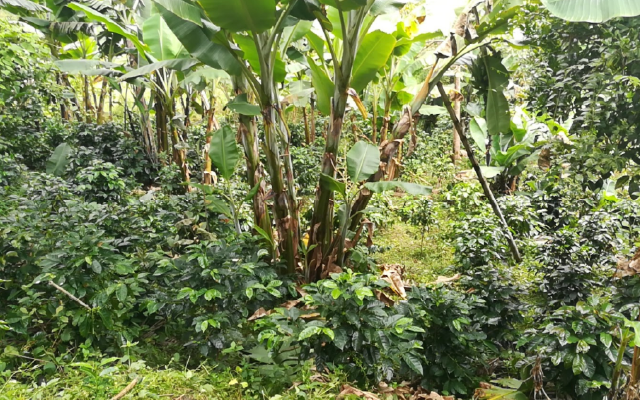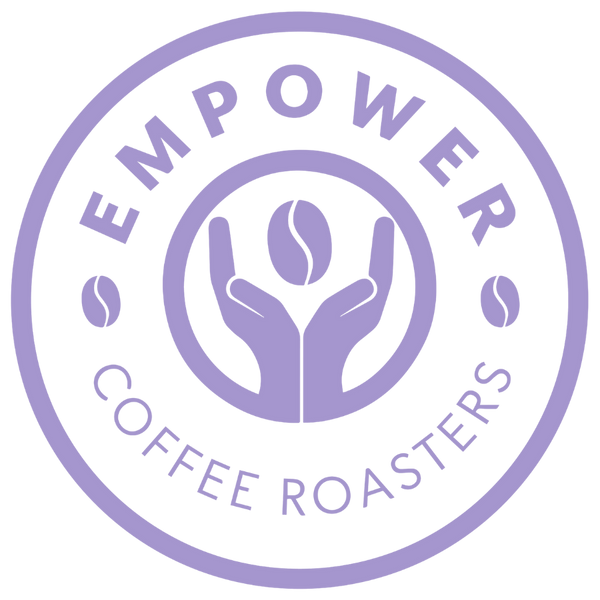
Should You Be Buying Certified Organic Coffee?
Share

Organic food products are everywhere as consumers and environmental advocates alike are realizing the need for healthier, safer and more sustainable foods. As a crop, growing organic coffee has also become something coffee drinkers are pushing for, and coffee roasters are beginning to advertise their coffee as “certified organic.”
But unlike most other farmed products, there is significant contention over whether “organic” coffee is any better for the consumer and the farmer. As a coffee drinker, how important is it to buy “organic?”
To answer that question, we need to first take a step back and discuss the difference between the varieties of coffee beans, Arabica and Robusta. Robusta beans tend to be inferior in taste to Arabica but are significantly cheaper because they are easier to grow at low elevations, are grown primarily in the sun, and produce coffee fruit more quickly and abundantly. Robusta beans tend to be the conventional bean you will find in grocery stores and major coffee companies that sell ground and instant coffee. They don’t taste great but are cheap and get the job done. Robusta farms are typically developed by clearing large fields of forest so that more plants can be exposed to the sunlight. By destroying the environment around them to create these large coffee fields, farmers are removing ecosystems of natural pest-deterrents like bats, birds and lizards which eat the pests that ruin coffee crops. As such, conventional coffee requires heavy use of chemicals and pesticides.
Arabica coffee beans tend to be grown naturally. The best coffee is grown at high elevations with a lot of shade. This is more difficult to farm, hence the higher prices for Arabica specialty coffee like the type we serve at Empower Coffee Roasters. But growing naturally allows for the ecosystem to flourish around the coffee farm, and natural deterrents keep the crop from being destroyed by pests.
You might be asking yourself what this has to do with “organic coffee.” Well, the problem with slapping the label of “organic” on your coffee is that it doesn’t necessarily tell you anything about the quality of the coffee. You can have organic Robusta coffee that will still be inferior to an Arabica coffee, which might not have the certified organic label but is just as clean and sustainable as any other coffee, but also higher quality. But if Arabica coffee is farmed naturally, why don’t farms become certified organic automatically?
The reason why many small farmers do not label their natural coffee as “organic” comes down to cost. In order to obtain the “organic” label, farms must formally certified. To do so, they often incur significant costs. This may even include paying for travel, room and board for third-party certified agents. Small farms, like the ones we use, cannot afford this and thus are at a financial disadvantage from larger competitors who can get certified, despite the small farmers’ coffee being just as safe, if not more so! And a high percentage of Arabica is grown by small-lot farmers, indigenous people who carefully cultivate the land and respect the ecosystems around them. These farmers are essentially getting punished for producing high-quality coffee while protecting the ecosystem.
Having said that, many of our coffees are indeed “certified organic.” Yet we do not label them as such on our bags. The reason is because in order for us to certified by the USDA as an organic shop, we can only roast “certified organic” coffee in our roaster. The only workarounds are to buy another roaster just for organic coffee, which is not logistically or financially feasible, or source only from farms that have the “organic” label, which many of our partners cannot afford. Since “organic” does not mean safer, better or more sustainable, and because it imposes a significant financial burden on small farms, we will not go in that direction.
What you as the customer can be assured of is that our coffee is sustainably sourced, naturally grown and of the highest quality. Hopefully, more small farmers can get access to affordable certification. But until then, we will continue support farmers who appreciate and protect the land they work.
With love,
Denise and Zach
